The Horizontal Lifeline
THE HORIZONTAL LIFELINE complies with EN 795 “Anchoring devices” and is defined as an element or series of elements or components with anchoring point(s), fixed or mobile, complying with EN 795, intended exclusively for use with personal protective equipment against falls from a height (fall arrest systems as defined in EN 363).
It is a Class C anchoring device equipped with a mobile anchor point on a horizontal flexible belay support that does not deviate from the horizontal by more than 15°.
After auditing and analyzing the situation, we propose the appropriate lifeline for your fall arrest system.
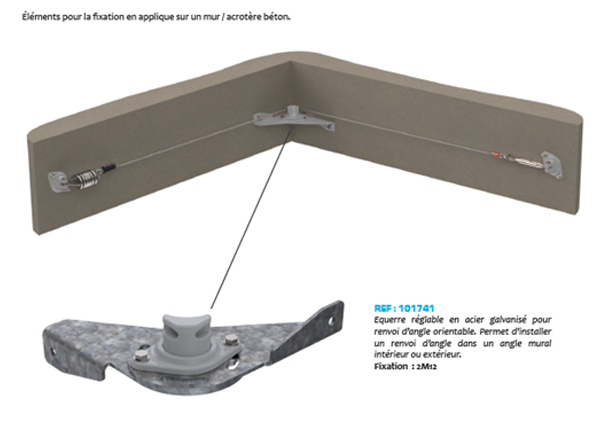
Manual or automatic surface-mounted lifeline
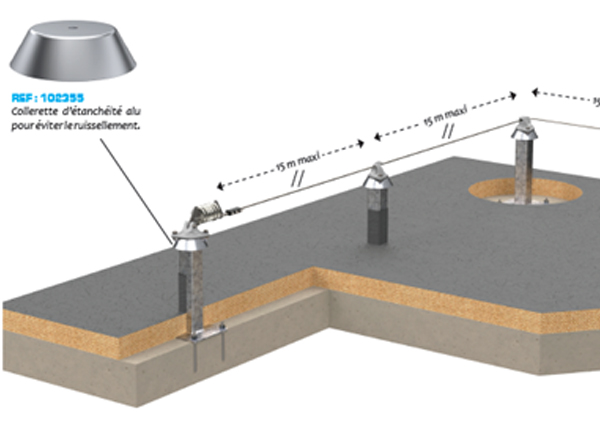
Manual or automatic surface-mounted lifeline
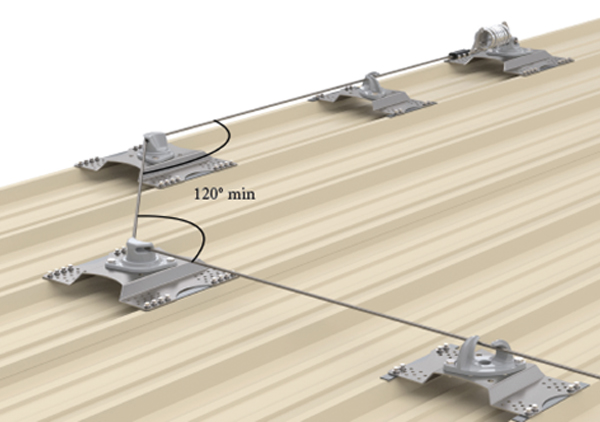
Lifeline on steel tray with manual or automatic passage
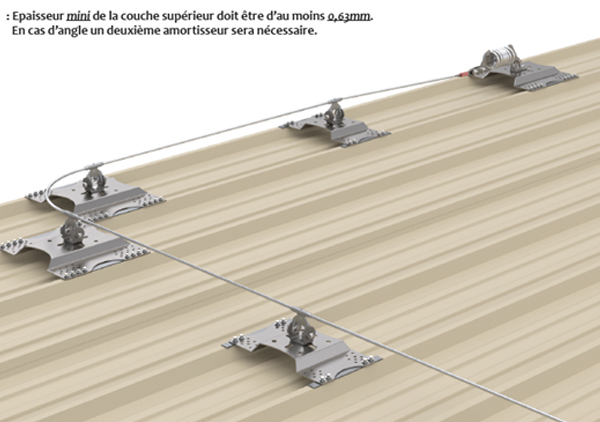
Manual or automatic standing seam lifeline
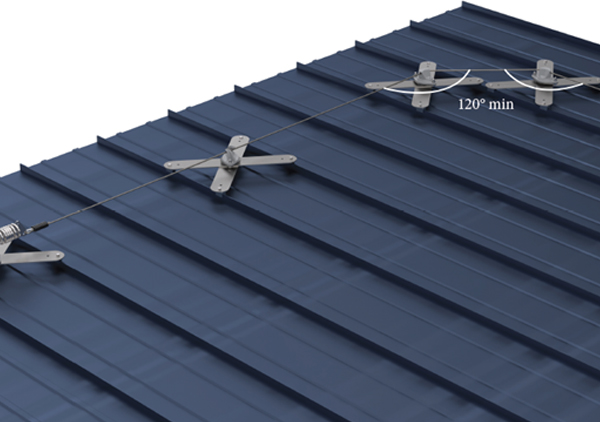
Manual or automatic standing seam lifeline
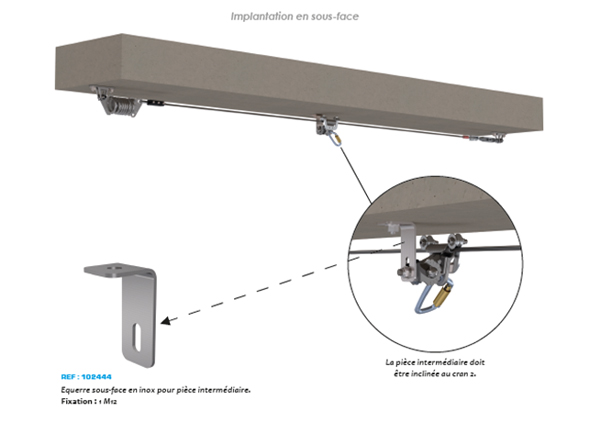
Overhead automatic passage lifeline
Life Line Rail System
The rail system lifeline is a dimensionally stable anchoring device for industrial applications that complies with EN795 D.
The rail lifeline can be used in wall, ceiling and roof positions, and is also suitable for suspended work. In the event of a fall, the forces are distributed over more intermediate points, rather than on the ends as with a rope, or on a single point as with an anchor point.

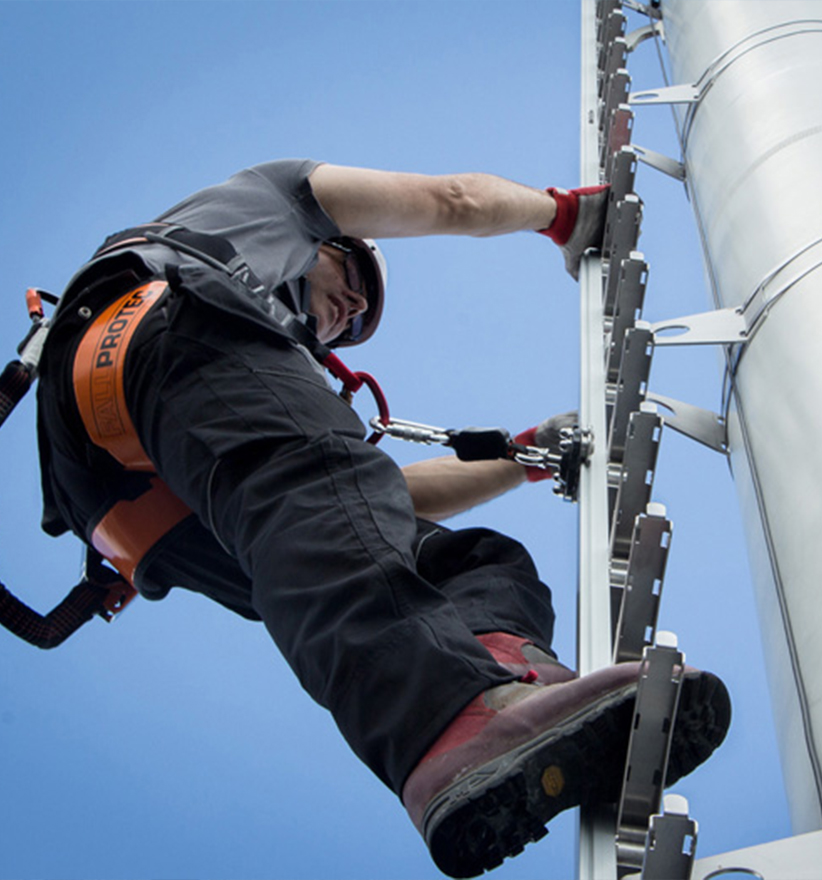
The Vertical Lifeline
THE VERTICAL LIFELINE complies with EN 353. This standard covers both the longitudinal system and the user's attachment point. EN 353 defines the requirements for rigid or flexible rope, cord or rail belay systems, whether held or not. The principle is that a shuttle slides freely on a flexible “cable or rope” or rigid “rail” belay support, whether ascending or descending.
Ready to guarantee the safety of your teams?
If you have any questions or need advice on working safely at height, please don't hesitate to contact us.











